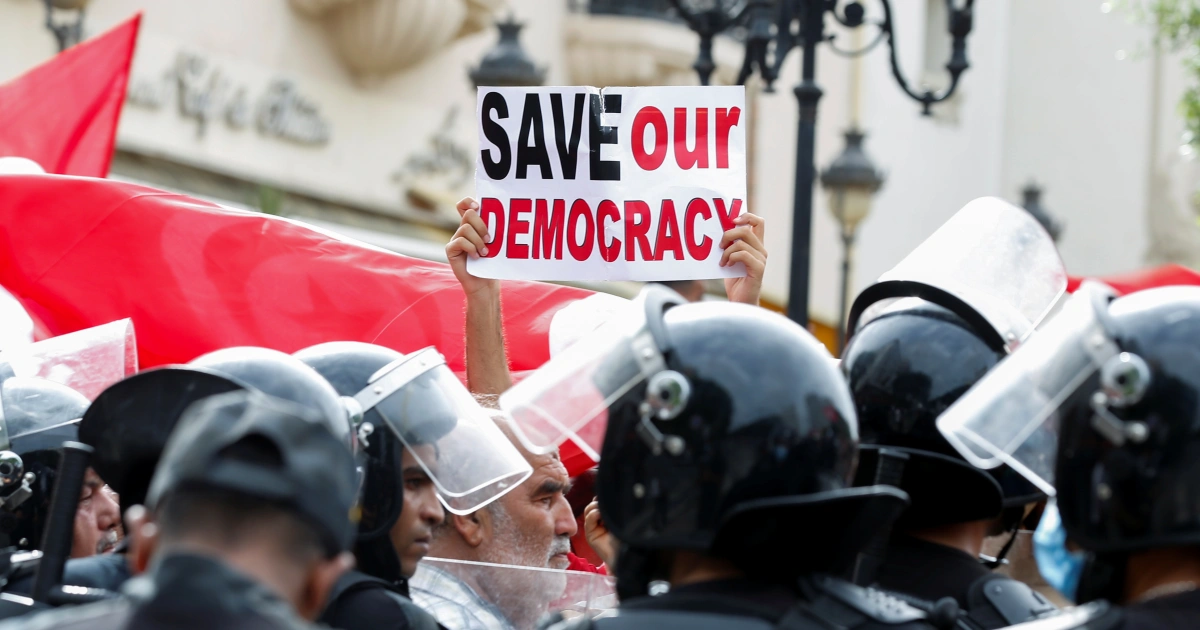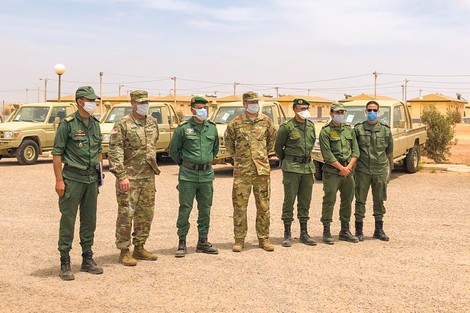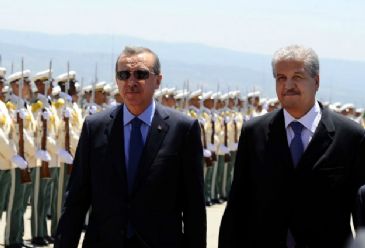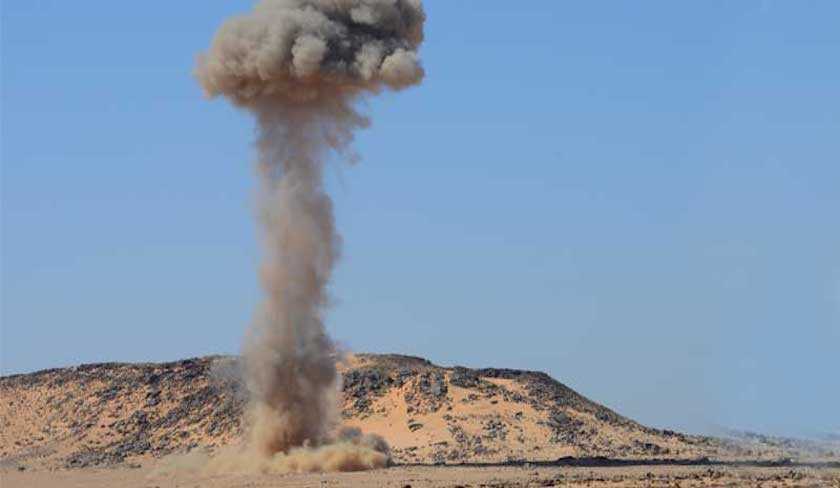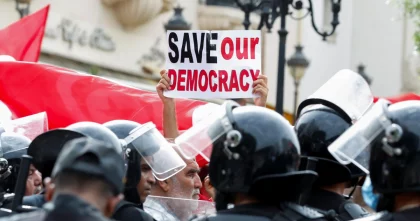 Washington will slash this year into two its military aid to Tunisia in reaction to the authoritarian path that the North African country has taken, reports say.
Washington will slash this year into two its military aid to Tunisia in reaction to the authoritarian path that the North African country has taken, reports say.
The announcement was made by a spokesperson from the State Department in an email to Al Monitor.
Tunisia, a strategic partner of the U.S., will receive $61 million instead of $112 million initially planned.
The Biden administration will also cut by half, $40 million, its economic aid to the North African country in connection with democracy deficit.
“The United States seeks to continue to support the Tunisian people and encourage the government’s return to constitutional governance,” the email said. “Cuts in U.S. economic and security assistance, compared to the previous year’s requests, reflect our significant concerns about the continued decline in democracy,” it added.
Tunisia has been through a serious political crisis that has compounded since July 25 after President Kais Saied seized the executive power, fired then Prime Minister, froze the activities of the parliament and suspended the immunity of lawmakers.
Last week, he dissolved parliament after 116 MPs held an online session that adopted a draft law overturning all decisions he has taken since July 25.
Thirty lawmakers among whom Speaker of Parliament had been questioned and put under investigation. They face charges including plot against the state and death penalty if they are found guilty.
Late last month Washington voiced concern over Tunisia’s democratic trajectory and stressed the importance of an inclusive political and economic reform process that gives civil society a strong voice.
In a press release issued by the U.S. State Department following the visit Under Secretary of State for Democracy and Human Rights Uzra Zeya paid to Tunisia on March 23-27, Washington called for strengthening democracy in Tunisia and implementing an inclusive political and economic reform process, in coordination with political parties, unions, and civil society.
During her visit, the Under Secretary underscored U.S. concern for Tunisia’s democratic trajectory and the importance of an inclusive political and economic reform process that gives civil society a strong voice and reiterated the need to respect human rights, including freedom of expression and association for all Tunisians, as stipulated in the Constitution and International Covenant on Civil and Political Rights. She also underscored that an independent judiciary is key to a strong and healthy democracy, and urged the government to cease trying civilians in military courts and prosecution of individuals for peaceful freedom of expression.
The Under Secretary visited Tunisia’s Independent High Authority for Elections, where she stressed U.S. commitment to free and fair elections and support for this key democratic institution to fulfill its constitutionally mandated role to run the upcoming referendum and parliamentary elections.
